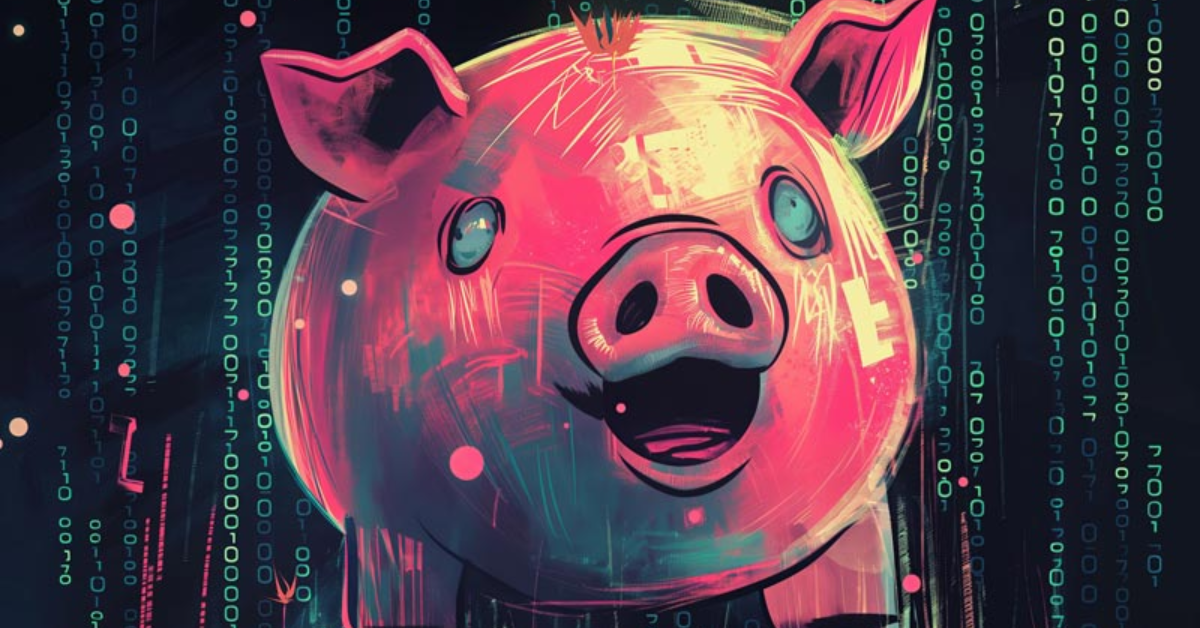Social media has become a major part of our daily lives, especially for young people looking to connect and invest. Unfortunately, this widespread use has also opened doors for scammers. Recent reports show that two types of scams, pig-butchering and romance/investment fraud, are increasing rapidly on platforms like Facebook, Instagram, and WhatsApp.
These scams trick people into trusting strangers online, leading to huge financial losses. Understanding how these scams work and staying alert can help protect you and your loved ones. Let’s dive deeper into the world of pig-butchering and romance scams and how to stay safe online.
What is Pig-Butchering Scam?
The term “pig-butchering” might sound strange, but it refers to a serious scam. It involves online criminals building fake friendships or professional relationships to “fatten up” victims before stealing from them. These scammers often pose as brokers or investment experts, promising quick profits to lure victims into fake investment schemes.
Once trust is gained, they encourage victims to put large sums of money into fake stocks or cryptocurrency platforms. Eventually, the scammers disappear with the money, leaving victims with heavy losses. According to a report by the Interpol, pig-butchering scams have caused billions of dollars in damage worldwide.
How Romance Scams Work on Social Media
Romance scams exploit our human need for love and connection. Scammers create fake profiles with attractive photos and charming stories to win victims’ hearts. They spend weeks or months building a close relationship, often on dating apps or social networks.
Once the victim trusts the scammer emotionally, the fraudster asks for money to cover emergencies, travel, or investments. These requests can become frequent and urgent, making victims feel guilty or responsible for helping. The FBI reports that romance scams lead to millions of dollars lost annually and often cause emotional trauma.
Why Are These Scams Popular on Social Media?
Social media platforms make it easy for scammers to reach millions of users quickly and anonymously. Many people share personal information and trust new contacts without much suspicion. Scammers exploit these habits with sophisticated fake profiles and persuasive messages.
The fast growth of digital currencies also adds to the danger. Many pig-butchering scams involve cryptocurrency investments because they are hard to trace and regulate. Additionally, younger audiences are often attracted by the promise of high returns quickly, making them prime targets.
Signs to Identify Pig-Butchering and Romance Scams
Being aware of warning signs can help you avoid falling for these scams. For pig-butchering scams, be cautious if someone you just met online pressures you to invest immediately or promises guaranteed profits. Always verify the legitimacy of investment platforms through trusted sources.
In romance scams, watch out for inconsistent stories or requests for money early in the relationship. Be skeptical if the person refuses to meet or video chat. Trusted advice from the Federal Trade Commission reminds users to never send money to someone you’ve never met in person.
How to Protect Yourself from These Scams
First, always protect your personal information on social media. Use privacy settings and avoid sharing financial details or travel plans publicly. Before investing, research the company or individual carefully and consult with trusted financial advisors.
When it comes to online relationships, take your time to build trust and verify the other person’s identity. Avoid sending money or gifts to online-only friends, no matter how convincing their story is. Keep conversations on official platforms rather than moving quickly to messaging apps or private chats.
What To Do If You Become a Victim
If you suspect you have been scammed, act quickly by reporting the incident to the platform where it happened and inform local law enforcement. Keep all messages and transaction records as evidence. In India, you can also report such crimes to the Cyber Crime Cell.
Seeking support from friends, family, or professional counselors can help you recover emotionally. Remember, you are not alone, and many victims come forward to help others stay safe.
The Future of Social Media Safety
Social media companies are working on improving security measures to detect and remove scam accounts faster. Many platforms have started using artificial intelligence to spot suspicious behavior. However, the best defense remains user awareness and cautious online habits.
As scams evolve, staying informed about new tricks and trends is essential. Follow official government updates, trusted news sites, and cybersecurity experts to keep your online life safe.













